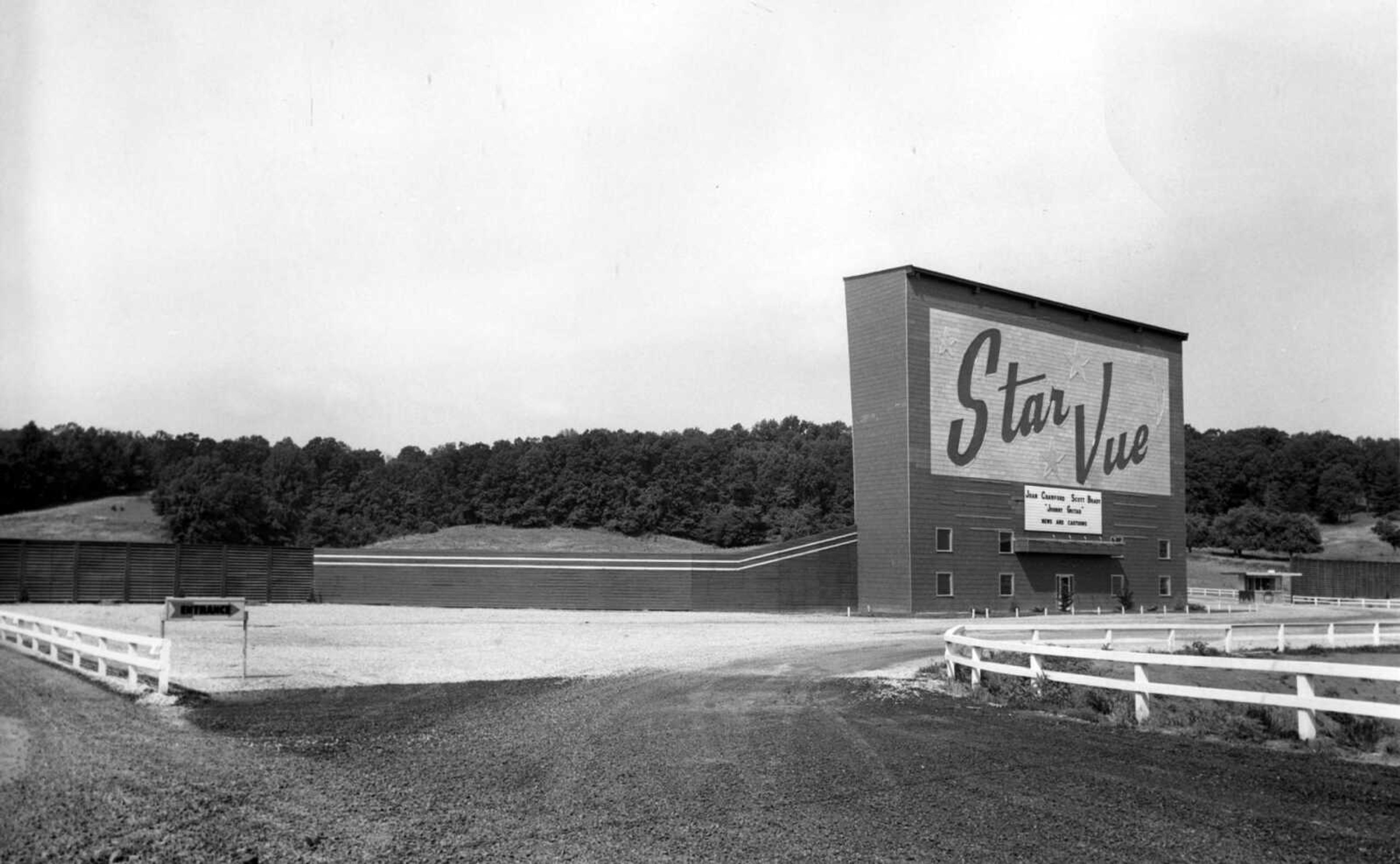The rise, fall and revival of drive-in movie theaters
Our new era of social distancing has brought one silver lining: drive-in movie theaters are making a comeback. Richard Hollingshead of New Jersey is credited with developing the drive-in concept. In 1933, he received Patent #1,909,537 for a parking ramp layout that provided unobstructed views of a movie screen for a large number of automobiles...
Our new era of social distancing has brought one silver lining: drive-in movie theaters are making a comeback.
Richard Hollingshead of New Jersey is credited with developing the drive-in concept. In 1933, he received Patent #1,909,537 for a parking ramp layout that provided unobstructed views of a movie screen for a large number of automobiles.
His patent was overturned April 8, 1949, opening the door for drive-in theaters to proliferate across the country without paying royalties. Entrepreneurs were quick to seize the opportunity as the post-war baby boom brought strong demand for family-friendly entertainment. Couples seeking a little privacy, if you know what I mean, also played a role.
According to the Cinema Treasures website, Sikeston had two drive-ins by July 1949. Soon after, the first Cape Girardeau drive-in opened Aug. 12, 1949, near the Municipal Airport on U.S. 61. Known simply as Cape Drive-In, it featured room for 500 vehicles.
The owners were Carl Milne, Howard Bates and William Hipes. This team later built a second theater, Star Vue Drive-In, off North Kingshighway. It opened May 26, 1954, boasting a 700-vehicle capacity and a screen that was 86 feet wide.
Bloomer Amusement Co. acquired both venues in 1957. The smaller Cape Drive-In was shuttered at the end of the 1957 season. Star Vue was bought by Kerasotes Theatres in 1973 and closed in 1983. The site is now occupied by Fountainbleau Lodge, although traces of the original ramp system are still faintly visible on aerial imagery.
In Jackson, William Sherman opened a drive-in just north of the city park May 27, 1952. Operating under various names, this theater continued until Sept. 30, 1973. It closed to make room for an expansion of the city park and a new swimming pool.
Two drive-ins opened within days of each other in 1955 near Chaffee. Montgomery Drive-In was located at Blomeyer, while Home of the Stars Drive-In was located just south of Chaffee.
Drive-ins reached their peak nationwide in 1958. More than 4,000 drive-in theaters were in operation, accounting for almost 25% of all movie screens.
However, the industry soon started to decline. The biggest factor was an increase in real estate prices. Drive-ins were typically built on cheap land on the outskirts of towns, but as cities grew, those lots became prized by developers.
As a result, the number of remaining drive-ins in the U.S. has dwindled to less than 400. Only two original drive-ins have remained in business in Southeast Missouri: 21 Drive-In near Van Buren and Starlite Drive-In near Potosi.
Saving drive-in theaters has been a difficult battle for historic preservationists, but the tide is turning. The former drive-in site at Blomeyer, with its massive vine-encrusted screen still standing, is set to be reopened this fall as "Rock 'N' Roll Drive-In."
Will 1950s nostalgia be enough to support the revival of drive-in theaters after the need for social distancing goes away? We shall see.
Connect with the Southeast Missourian Newsroom:
For corrections to this story or other insights for the editor, click here. To submit a letter to the editor, click here. To learn about the Southeast Missourian’s AI Policy, click here.










